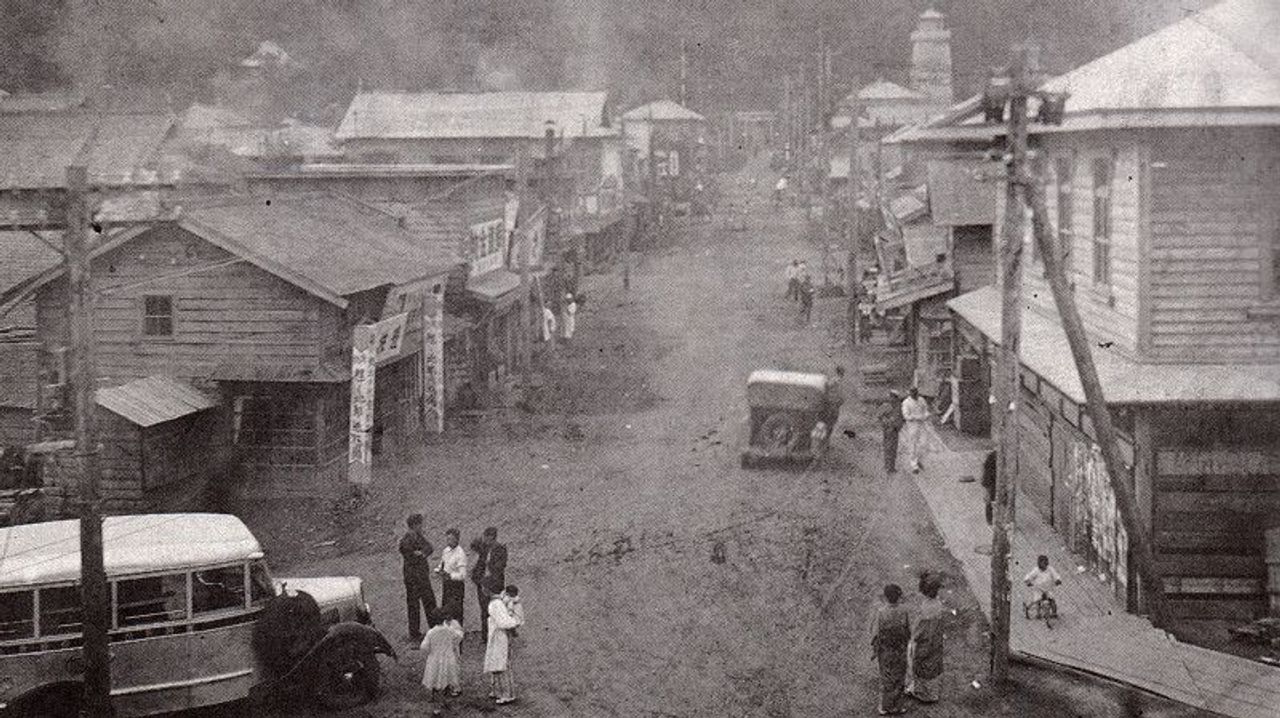Unearthed Soviet documents point towards violent incidents involving ethnic Koreans in Japan's South Sakhalin during WWII. The documentation suggests a series of mass killings occurred during the significant social turmoil in the region. While the documents have existed for some time, they have recently drawn attention in the Japanese media, focusing discussion on a chapter of history that had seemingly sunk into oblivion.
This news is significant in Japan as it draws attention to a lesser-discussed aspect of its WWII history and the complicated issue of Japan's relationship with both South and North Korea. It delves into the treatment of ethnic Koreans in Japan, a topic that is often fraught with controversy and carries social and legal implications for the representation of non-Japanese nationals in the country.
In comparison to the US or EU where racial tensions and history are broadly publicised, Japan tends to have a reserved approach to its historical transgressions, particularly in matters connected to WWII. This news runs into direct contrast with the general pattern, potentially marking a shift in the core perspective.

